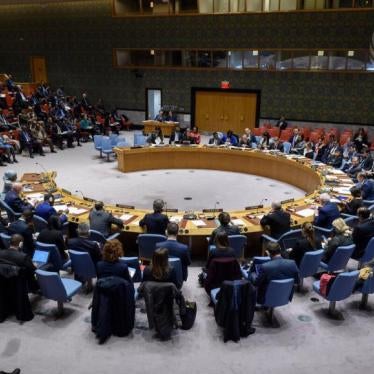Apple and Google capitulated to Russian authorities last week when they removed access to the Navalny Smart Voting app on the eve of the weekend’s parliamentary election. The move helped undermine Russian voters’ ability to access information about their choice.
For weeks, the Russian government pressured the companies to remove the app, which was built by associates of jailed opposition leader Alexei Navalny to help Russian voters choose a candidate with the best chances of defeating the ruling party candidate. Google also reportedly restricted access to YouTube videos containing the names of candidates recommended by the Smart Voting project and Google Docs with the list due to pressure from Russian authorities.
Neither company has publicly explained why it bowed to the Russian government’s requests.
An aide to Navalny tweeted a screenshot of an email from Apple that indicated the governmental communications oversight body, Roskomnadzor, ordered the app’s removal because it included content deemed illegal in Russia, and doesn’t comply with App Store policies. Russian state news agency TASS previously reported that Roskomnadzor demanded both companies remove the app due to a requirement from the Russian Attorney General’s Office to restrict access to information linked to Navalny’s organization, which has been designated “extremist” and is banned in Russia. According to the New York Times, Google removed the app after Russian authorities named specific in-country staff who would face prosecution.
Neither company responded to Human Rights Watch’s request for comment at the time of publication.
These events were part of a broader onslaught on critics ahead of the election and a larger campaign by Russian authorities to tighten control over online communications and social media platforms.
While companies are understandably concerned for their in-country staff, they also have a responsibility to respect rights. This showdown was entirely predictable and underscores the importance of conducting ongoing human rights due diligence. These companies also owe the millions of people who rely on their services an explanation of how they justify their actions in light of their human rights responsibilities, and how they plan to avoid similar situations in the future.
If these developments are any indication of how tech companies respond to threats to in-country staff, the spate of “hostage-taking” laws being adopted in several countries that require companies appoint in-country representatives may mean a wave of corporate-assisted censorship is on the horizon.










